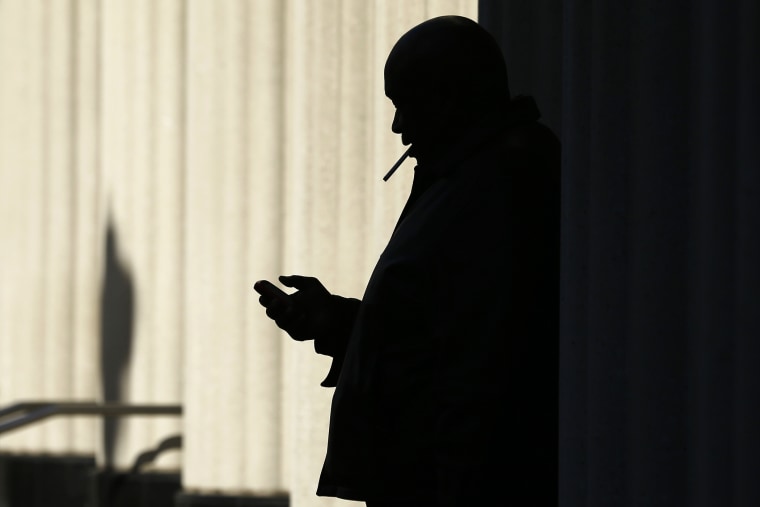Most public-health controversies follow a standard political script. The left fights to protect us from toxic corporate interests (Big Tobacco, Big Sugar and the like), while the right fights to protect us from Nanny State intrusions on individual freedom. But some health threats are clear enough to bridge the divide. Smoking may be one of them.
This week two Western states—bluish Colorado and deep-red Utah—embraced a strategy straight out of the People’s Republic of New York City. Lawmakers in both states voted up bipartisan proposals to raise the legal smoking age to 21. If these bills become law, they could open a new frontier in the national effort to shield teens from a demonstrably lethal addiction.
Most states allow retailers to sell tobacco to anyone 18 or older. But four states (Alabama, Alaska, New Jersey and Utah) have raised the legal age to 19, and three local governments (New York City, Needham, Mass., and Hawaii County, Hawaii) have pushed it to 21.
Utah and Colorado would be the first entire states to raise the smoking age to match the drinking age, but they probably won’t be the last. Lawmakers in Hawaii, Massachusetts and New Jersey are all considering statewide “Tobacco 21” bills as well.
The argument for barring tobacco sales to minors is simple. Nine out of 10 smokers start before they’re 20 years old, and a third of them go on to die from smoking-related illness. If current trends continue, cigarettes will kill more than 6 million of the American children alive today. If those same people can be kept from starting as teens, the chances are exceedingly slim that they’ll choose to start later.
By raising the smoking age, British tobacco expert Robert West told the Associated Press, “you’re essentially allowing the rather scrambled adolescent brain to settle down and avoid smoking during that period before they turn 21, after which they may decide they absolutely do not want to smoke anyway.”
Do age restrictions actually keep kids from smoking? Smoking tends to decline whenever it becomes more expensive (due to high cigarette taxes), less convenient (because of smoke-free-air laws), or less socially acceptable (thanks to counter-advertising). No one expects age restrictions to wipe out smoking among youth—millions of kids start before age 18 despite today’s laws—but experience suggests the laws are a useful barrier. A 2012 survey of Needham, Mass., high school students found that their smoking rate had dropped by more than half (from 12.9% to 5.5%) since 2005, when the town enacted its Tobacco21 law.
The new bills in Utah and Colorado must survive several more votes, and both will face opposition from the industry and itsfront groups. But if legislators are listening to their constituents, the bills should stand a good chance of passing. Medical societies, hospital associations, public health officials and voluntary health groups are endorsing the new measures. And in a new survey, the Campaign for Tobacco-Free Kids finds that Colorado voters support the Tobacco 21 law by a 55-40 margin, even after hearing forceful arguments on both sides of the issue.
Get ready for a new normal.
